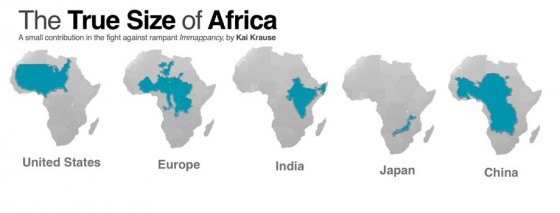Here's mine.
Make the Mali empire control all of Africa by 1300. Mali meets the Bantu to the South and the Somali to the East. The Mali empire quickly defeats the ill-prepared Somali and Bantu and turns their population into slaves and scatter their population throughout Africa. The Mali cleanse whoever can't be sold into slavery and they start inhabiting Somalia and OTL South Africa.
They have a surplus of slaves, which they sell to the colonial empires of Europe. Europe institutes chattel slavery for the Bantu and Somali.
Runaway Somali and Bantu slaves, respectively, form runaway slave villages away from their masters in territories where slavery is illegal and they build "New Somalias" and "New Bantulands". They both speak a pidgin of English that's heavily influenced by their mother tongues. Both cultures are influenced by Christianity. Both cultures form a religion where they're prophesied to go back to their homelands when Jesus returns to earth.
Their prayers are answered. In 1850, the British, under the command of the half Spanish, half English captain Andrew De Jesus, goes on a quest to conquer "The Sick Man of the Mediterranean.", AKA the Mali Empire. The Christianized Somalis and Bantu see this as a sign that Jesus returned and they fight for the British Empire to get their lands back.
The Somalis and Bantu go through the continent liberating the Mali Bantu and the Mali Somali slaves. The slaves then join their Somali and Bantu brethren throughout the country, conquering everything they see, with help of the British Empire.
The Christianized Somalis set up their own country in the old Somaliland, kicking out the Malis. The Christianized Somalis then align themselves with the remaining Christian Ethiopians left in East Africa. They form a Christian superstate, much to the chagrin of the Muslim Somalis. The Bantu set up a Christian state in Southern Africa. Both states are loyal to the British, who helped the Bantu and Somalis revive their states.
The Mali empire, however, is is subjugated by the UK. Etho-Somaliland then goes on to quickly conquer the Southern Mediterranean, which was once controlled by the dead Mali empire and the dying Ottoman empire. Southern Africa is conquered all the way up to the African Great Lakes by the Mali empire.
How does this empire somehow manage to avoid fragmenting? When your empire runs on a system of extreme feudalism with effectively no centralisation, anyone in power has the tools to start their own empire when they choose to (and did, repeatedly, in West African history). And how does this empire manage to actually be able to communicate with parts at the extremities of it? Logistically impossible.
ASB to the max, no matter what date you set, no matter if the Malinese get a string of godlike ruler after the next, it's impossible.
